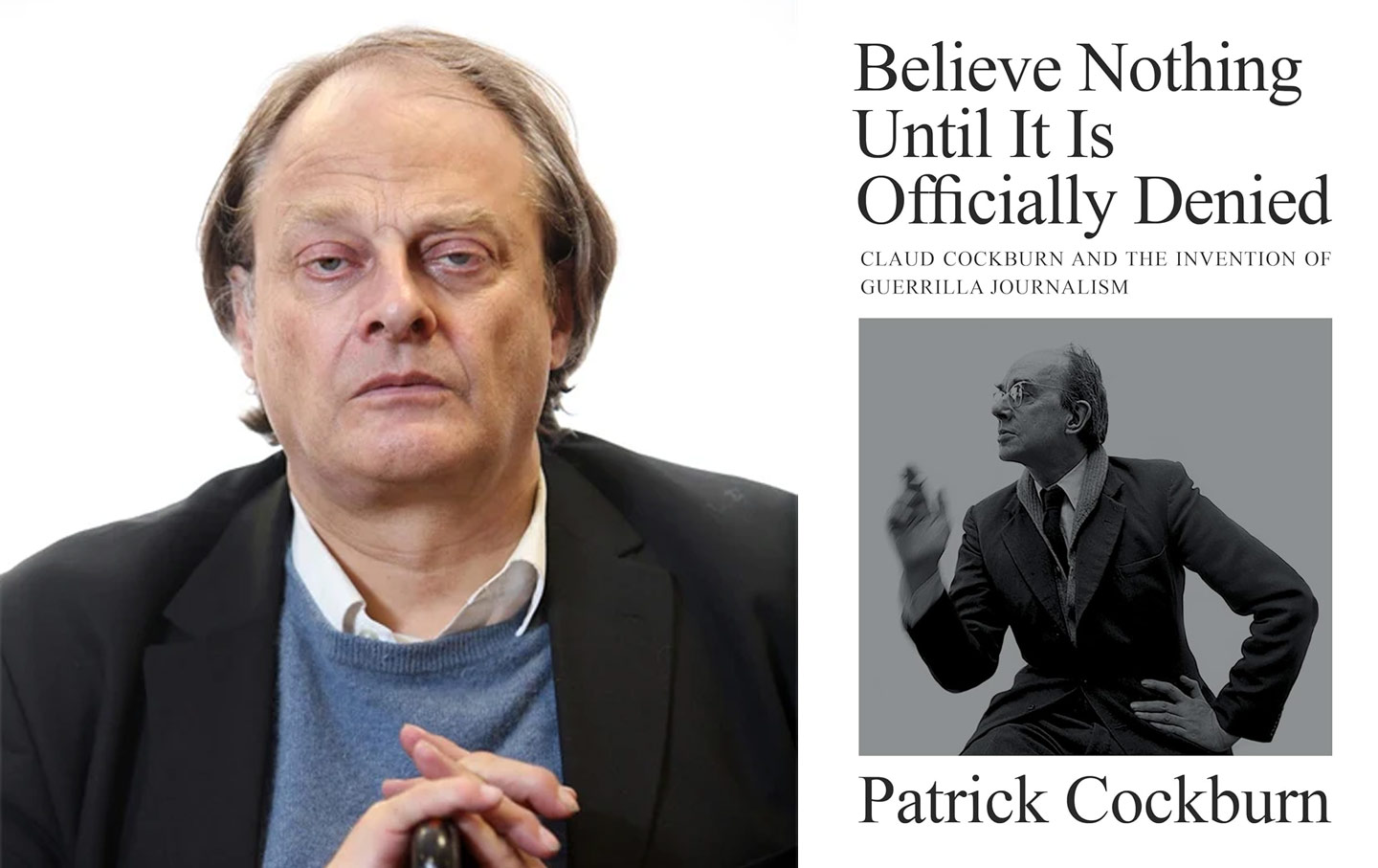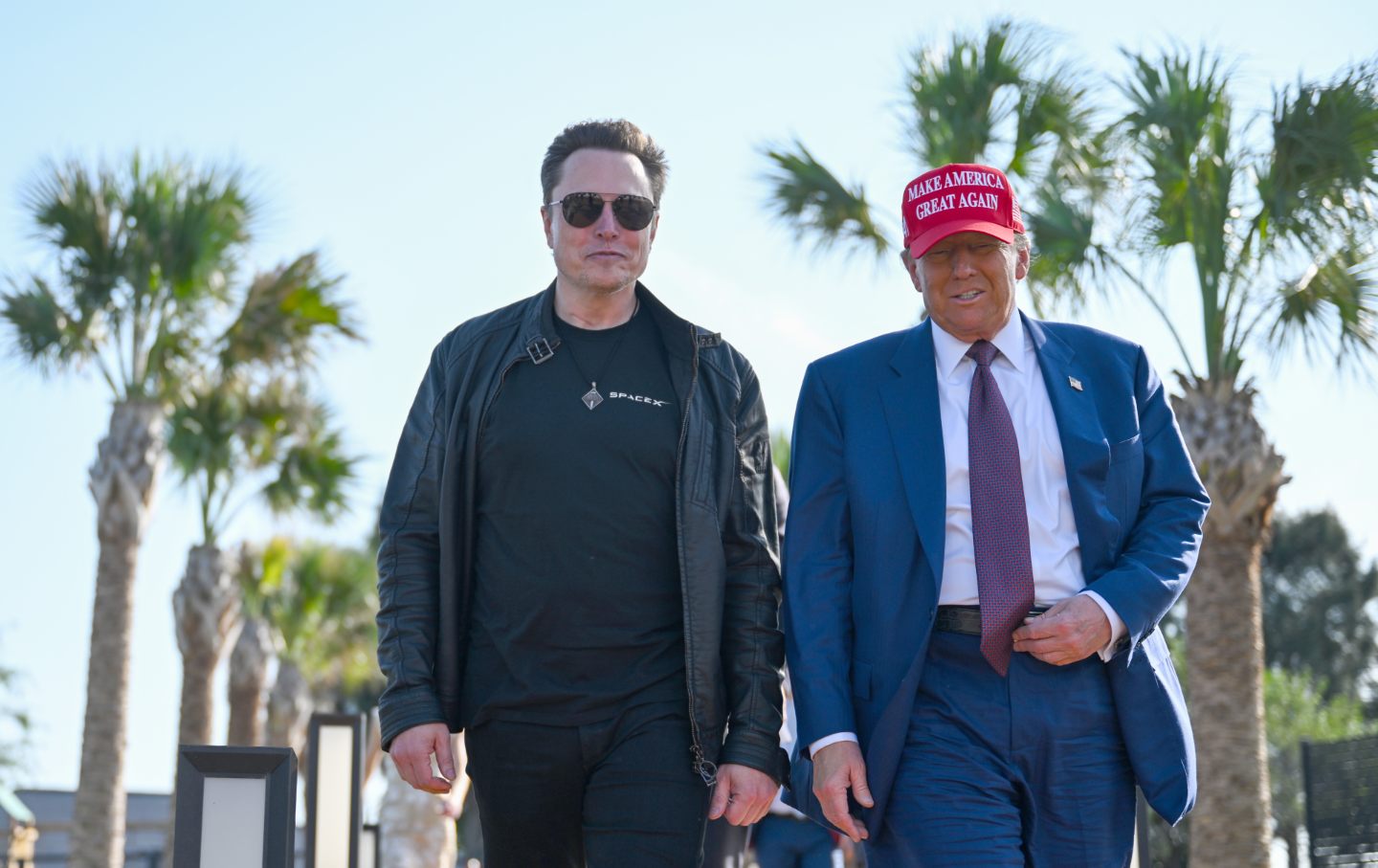December 24, 2024
A case just added to the high court’s docket deals with the question of whether Medicaid can be used to pay for the services of health care providers who also perform abortions.
Exterior view of the Family Planning and Reproductive Health Services Center in St. Louis, Missouri
(Michael Thomas/Getty Images)
The Supreme Court last week added two more cases to its case list for this term. You’ve probably already heard about the first one. The court will give TikTok one last chance to save itself, with an expedited hearing on the company’s case on January 10th. When money is at stake, courts can move incredibly quickly. .
In honor of TikTok, which is increasingly becoming the news platform of choice for young Americans, the second case is more important. in this case, car vs. family planningconsider whether Medicaid funds can be used to pay for family planning services. If the court says no, it would limit access to contraception and gynecological care for millions of poor Americans.
This case is not about abortion. Readers familiar with the country’s dystopian reproductive rights situation will know that the government already prohibits the use of Medicaid to fund abortions. We have the Hyde Amendment to thank for that, and various state laws that reproduce the harms of that amendment.
Latest issue

But Planned Parenthood is more than an abortion clinic. The organization provides tremendous medical services to women and girls, including gynecological care, cancer screening, and, importantly, a variety of contraceptive methods.
In 2018, South Carolina Governor Henry McMaster prohibited the use of Medicaid funds to pay for medical expenses. anything at a family planning clinic in his state. he said “Paying taxpayer funds to abortion clinics for any purpose amounts to subsidizing abortion and denying the right to life.” McMaster’s argument also extends to the “right to life” of women in need of medical care. I would like to note that you seem to have forgotten that there is.
McMaster’s Law can be interpreted incredibly broadly. Many poor women in many states obtain contraceptives from clinics that also perform abortions or from abortion-support organizations in states where abortion is still legal. If Medicaid dollars are not available at any of these clinics, access to contraceptives could be severely limited in states following South Carolina’s lead.
Planned Parenthood organizations successfully sued in state court, arguing that McMaster’s rules violated Medicaid law. The law allows the federal government, rather than states, to decide how Medicaid funds are used, and Congress does not prohibit family planning clinics from using these funds. Now, the question of whether private entities like the plaintiffs in this case have the right to sue to force the state to enforce its Medicaid laws is at the center of an appeal to the South Carolina Supreme Court. It has become.
It is difficult to overstate the magnitude of the stakes in this case. Suppose Congress passes a law that directs money to be spent in a certain way. Now suppose the state decides to ignore the law and prevent the funds from being used as directed. Who has the right to sue the state for noncompliance? If South Carolina wins, the answer will be that only Congress can sue to force states to enforce their laws. It might happen. If so, what are we to do in situations where Congress won’t sue (due to which party’s dominance, culture war desires, or general incompetence)? As a result, states could choose which federal orders are “real” and which can be safely ignored.
Recent Supreme Court cases have shown how courts can or should think about: car vs. family planning. In 2022, the court issued the following decision: Marion County Health and Hospital Corporation v. Talefsky. The case asked whether individuals could sue the state of Indiana for noncompliance with federal nursing home reform laws. The court voted 7-2 in favor, with Ketanji Brown Jackson writing the court’s majority opinion and only Clarence Thomas and Sam Alito dissenting. Amy Coney Barrett wrote a concurring opinion in the lawsuit.
But the incident didn’t involve any of the issues that Barrett thought would upset Jesus. In this case, it remains to be seen whether the Republican justices will rule that South Carolina must follow Medicaid law, even if it means giving poor women access to contraception.
You’ll understand right away. Arguments in the case have not yet been scheduled, but arguments are expected to be heard in March or April, followed by a decision in June.
If I had to guess, the same 7-2 majority said; Talefsky We came together to force South Carolina to enforce its Medicaid law. However, this time Barrett will write the majority opinion. In that opinion she would tell the Republican Congress that’s right What must be done to change Medicaid laws to prevent states from using Medicaid laws to access contraception for women?
The fight to restore abortion rights has been defeated for now. The fight to protect the right to contraception has already begun. This is something that a majority of white women voted for.
A hostile incoming administration, a large infrastructure of courts and judges waiting to turn “free speech” into a nostalgic memory, and a legacy news organization rapidly abdicating its responsibility to provide accurate, fact-based reporting. As a result, independent media is being asked to do the job. itself.
in nationwe are bracing ourselves for an uphill battle to defend truth, transparency, and intellectual freedom, but we cannot do it alone.
All presents this month nation By December 31st, the amount you receive will be doubled, up to $75,000. Playing a full game would put $150,000 in the bank in 2025 to fund political commentary and analysis, in-depth reporting, sharp media criticism, and the team that makes it all possible. Masu.
While other news organizations have silenced dissenting voices or softened their approaches; nation remains dedicated to speaking truth to power, engaging patriotic dissent, and empowering readers to fight for justice and equality. As an independent publication, we are not influenced by stakeholders, corporate investors or governments. Our allegiances are to facts and transparency, to honoring our abolitionist roots, to the principles of justice and equality, and to you, our readers.
In the coming weeks and months, the work of free and independent journalists will be more important than ever. People will need accurate reporting, critical analysis, and deep understanding of the issues they care about, from climate change and immigration to reproductive justice and political authoritarianism.
By standing together nation nowyou’re invested not only in independent journalism based on truth, but also in the possibilities that truth creates.
Activated public potential. Towards a more just society. Meaningful change and a more fundamental, liberated tomorrow.
By uniting and acting,
Dear Editors, nation
See more nation

A crucial 11th game dispatch in Singapore that made Gukesh Donmaraju an 18-year-old chess champion.
JC Hallman

Patrick Cockburn discusses his new biography about his father Claude with his niece Laura Flanders.
Q&A
/
Laura Flanders

Without a doubt, 2025 will be a tough year. But these visionaries give us hope in these uncertain times.
Features
/
John Nichols

After Columbine and Sandy Hook, after the AME Church in Charleston and the Tree of Life Synagogue in Pittsburgh, we stopped saying, “That can’t happen here.” And so it happened.
Features
/
eric orner

A look at the social media accounts of the United Healthcare CEO shooter shows what Americans tend to turn to when the government doesn’t give them enough options.
Maya Vinocour

“Government” may sound incompetent and wasteful in the abstract. But Americans will be sad when it goes away.
bryce covert





